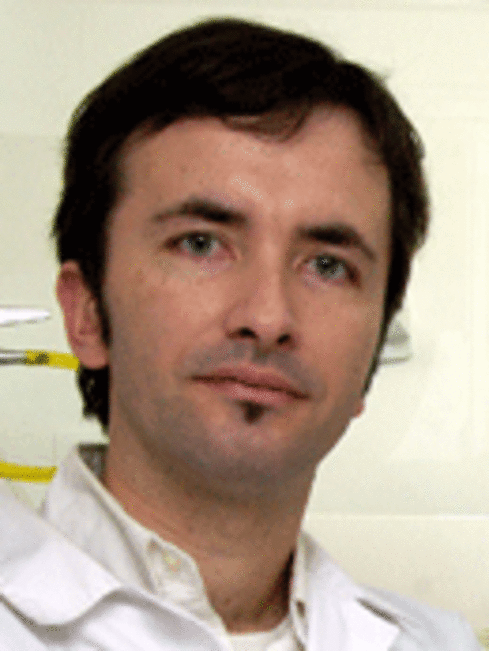2008 Finalist Claudio Hetz, Ph.D., Assistant Professor, University of Chile Santiago, Chile

Dr. Claudio Hetz, for his essay “Protein misfolding disorders and ER stress signals”. Claudio Hetz received his A.B. in Biotechnology Engineering from the University of Chile in 2000. In his Ph.D. work with Claudio Soto at Serono Pharmaceutical Research Institute, Geneva, he showed that Prion pathogenesis involves endoplasmic reticulum stress responses. In 2004 he joined Stanley Korsmeyer’s lab at Dana-Farber Cancer Institute as a postdoctoral fellow and then followed his projects in Laurie Glimcher’s lab at Harvard. During this period he expanded his studies on neurodegeneration, addressing the connection between apoptosis and the unfolded protein response in vivo. Since 2007 he is an Assistant Professor at the University of Chile and adjunct professor at Harvard. His lab uses animal models to investigate the signaling responses involved in protein misfolding disorders. He was recently awarded with the TWAS-ROLAC Young Scientist Prize.
Protein misfolding disorders and ER stress signals
Dr. Hetz’s research is aimed at understanding the role of protein misfolding in neurodegenerative diseases and the cellular responses involved in neuronal dysfunction. Special attention is given to the endoplasmic reticulum (ER), a specialized subcellular compartment essential for the folding of proteins destined for the secretory pathway. His research team uses disease mouse models, and the genetic and pharmacological manipulations to identify signaling components relevant to pathologies related to protein misfolding such as Parkinson, ALS, Huntington and Prion disorders. His research had contributed to defining the role of ER stress and apoptosis to neurological diseases and provided novel mechanisms involved in the adaptation to organelle damage. In the prize assay he highlights his multiple efforts to understanding the molecular basis of perturbations of ER function, their relationship to neurodegeneration, the generation of new animal models, and the development of prototypic treatments to prevent this damage. Ultimately, this research could be helpful in developing effective treatments to treat disease conditions linked to abnormal protein folding.
For Dr. Hetz’s full essay, see Science online at sciencemag.org.
